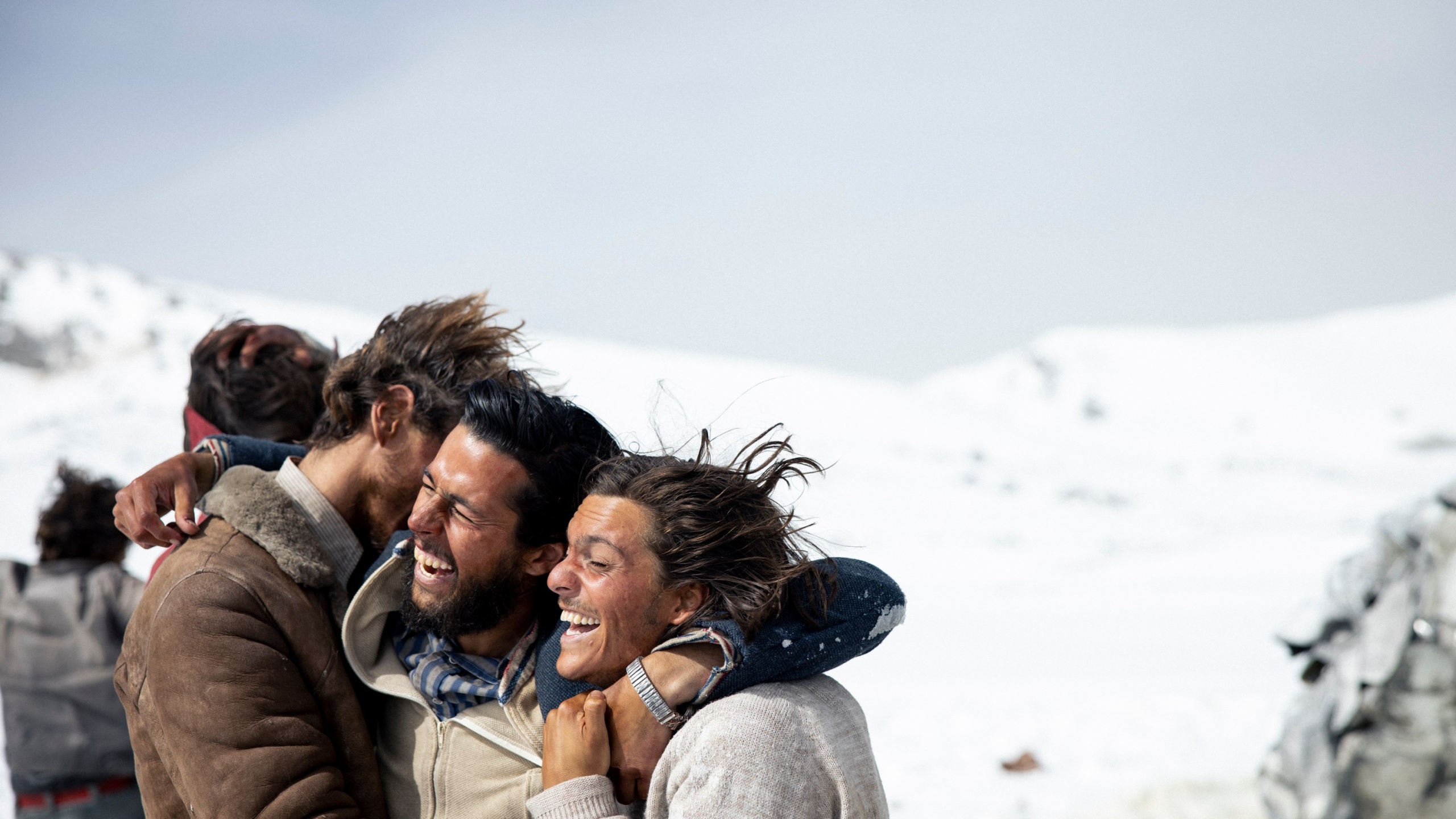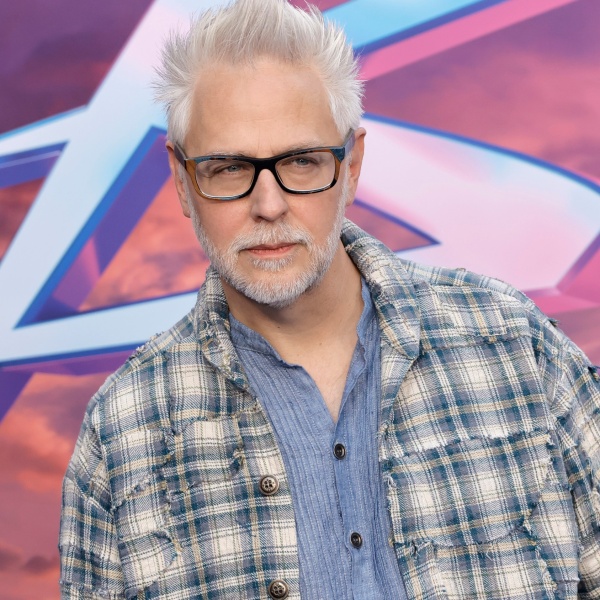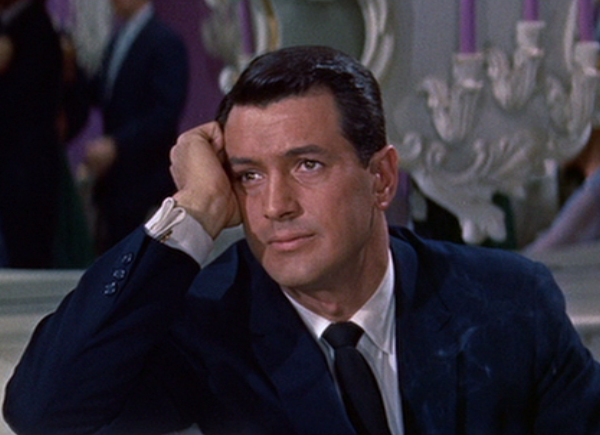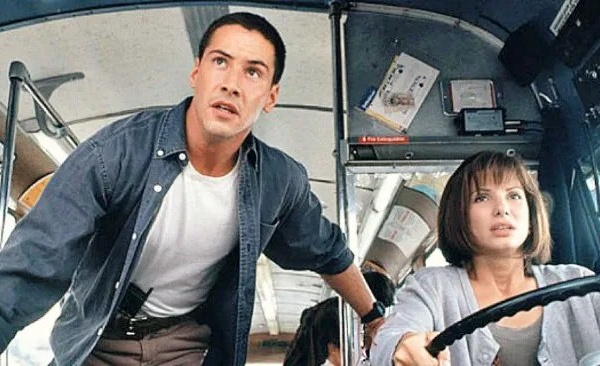Fifty years ago, we spent 73 days on a majestic mountain, miles away from the warmth and stability of society as we know it, alone but for the presence of God and each other. But it would be those two elements that would keep us and the other 14 survivors of a horrific plane crash and subsequent avalanche alive as we prayed for the strength to survive just one more minute. Those minutes became hours, those hours became days, and those days became weeks as we held onto the flickering hope within our own society that salvation lay on the horizon.
We and others have been telling our story for half a century, but the filmmaker J.A. Bayona has captured it in ways that we find inspiring and fresh all over again. In many respects, “Society of the Snow” violates a well-worn tenet of all drama: it is a film free of an antagonist. Yes, it is a classic man-versus-nature narrative, but there is no evil present in the film. It is a film free of cynicism, brimming with pure humanity, accessible to a wide spectrum of viewers. It is a film that has broken the boundaries of language with the universal message that everyone has the immeasurable potential to rise to the occasion, thanks, in great part, to the alliances we can and should forge as we share this planet together.
We were already a team when we crashed on that mountain as members of the Old Christians Club rugby club in Montevideo, Uruguay. We had even won a championship together. We lived in the same neighborhood, went to the same church, the same school. We played the ultimate team sport, one where every player has a special and crucial role to play toward the benefit of the group. And on that mountain, at the end of each night and the beginning of each morning, all we had was each other. Mr. Bayona’s film captures that solidarity, that camaraderie, that unyielding love.
The film’s technical prowess is second to none, of course, a masterclass of putting the viewer in a proximate headspace to what we endured. That is the power of cinema. It has been said that this art form generates empathy like no other, and so, we’re honored that Mr. Bayona has captured the tangible, harrowing aspects of our story as he has.

But more importantly, he has captured the spirit of what got us off of that mountain. “Society of the Snow” reflects our experience in how we refused to give in to the bleak nature of our plight. It is not a film that aims to make the audience suffer. It is a film that aims to rouse the viewer’s faith in the person sitting next to them.
With that in mind, the actors on the screen also created their own group, beautifully rendering that sense of fellowship that we shared. They threw themselves into this experience with reverence, respect and dedication.
In his emotional acceptance speech for the Best New Actor prize at the Goya Awards in Spain, Matías Recalt even noted that he could not have done it without the support of his friends. Truly, they, Mr. Bayona and everyone on the crew gave their hearts, their souls, everything they had to this movie, and that is such a testament to not only our journey, but to the journey of those who cannot share in this experience with us today.
“Society of the Snow” gives voice to those who no longer have a voice, and their message should ring across time: Work with each other. Set aside your petty disputes. Achieve your goals together. You are not alone, and as long as that is so, hope springs eternal.





